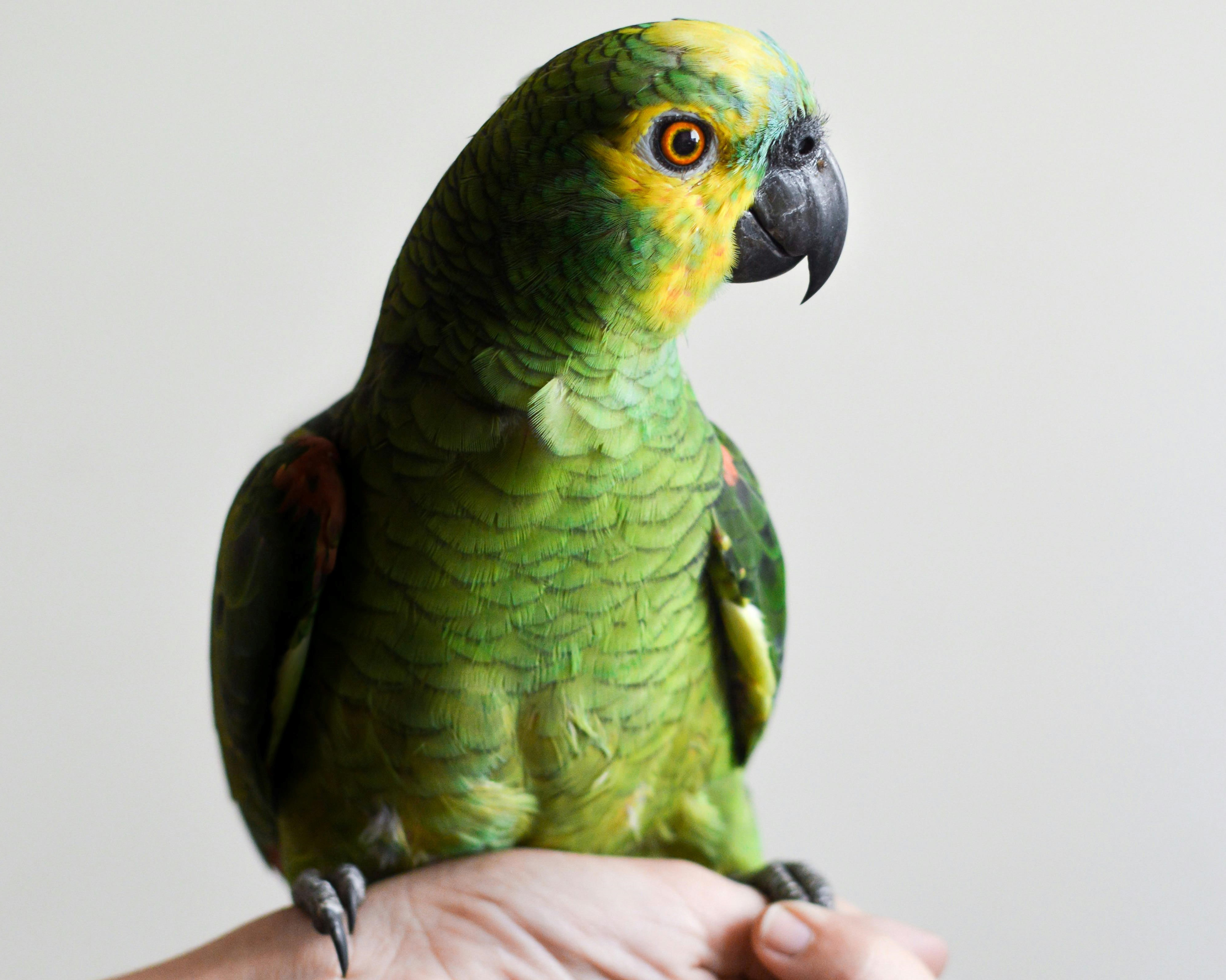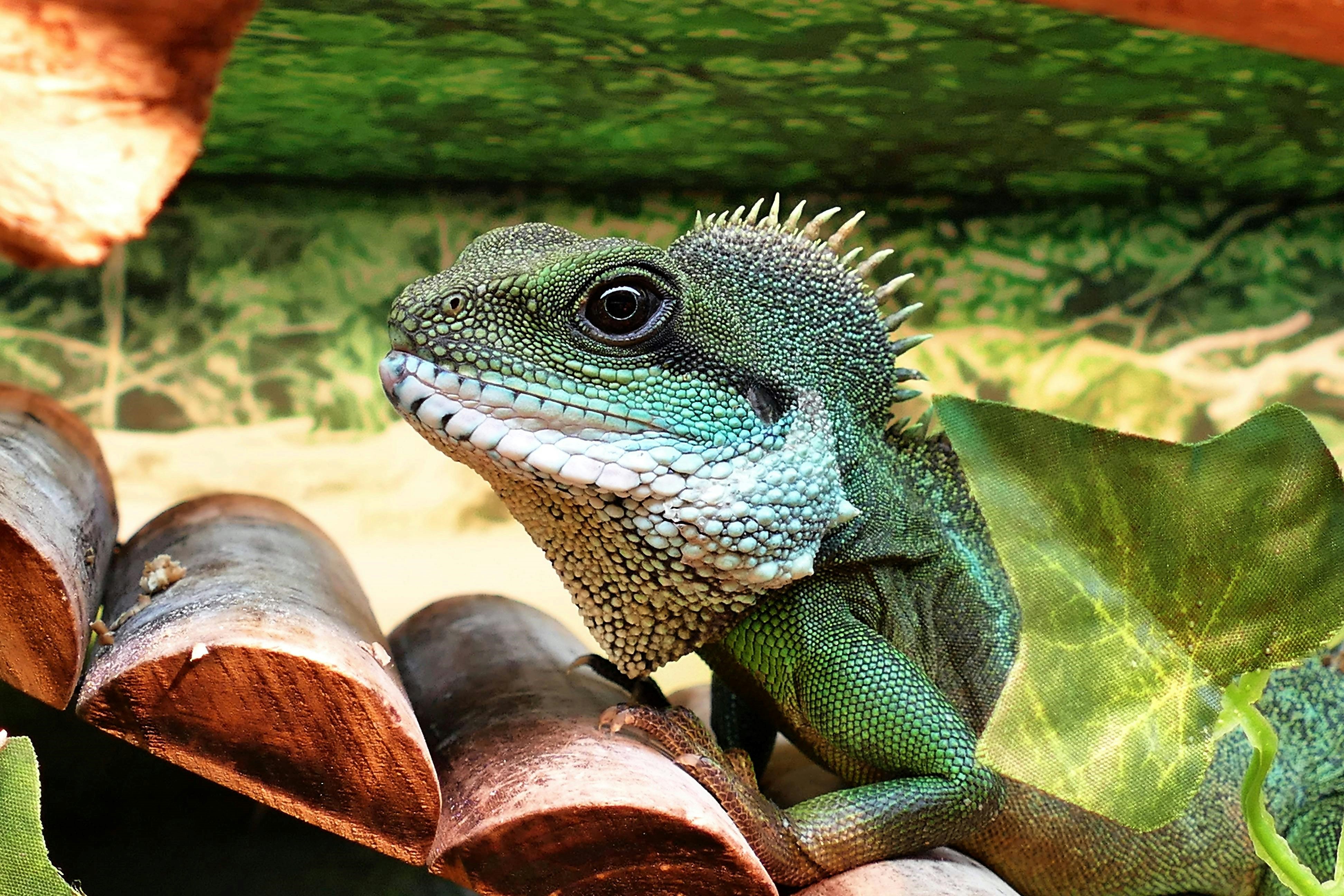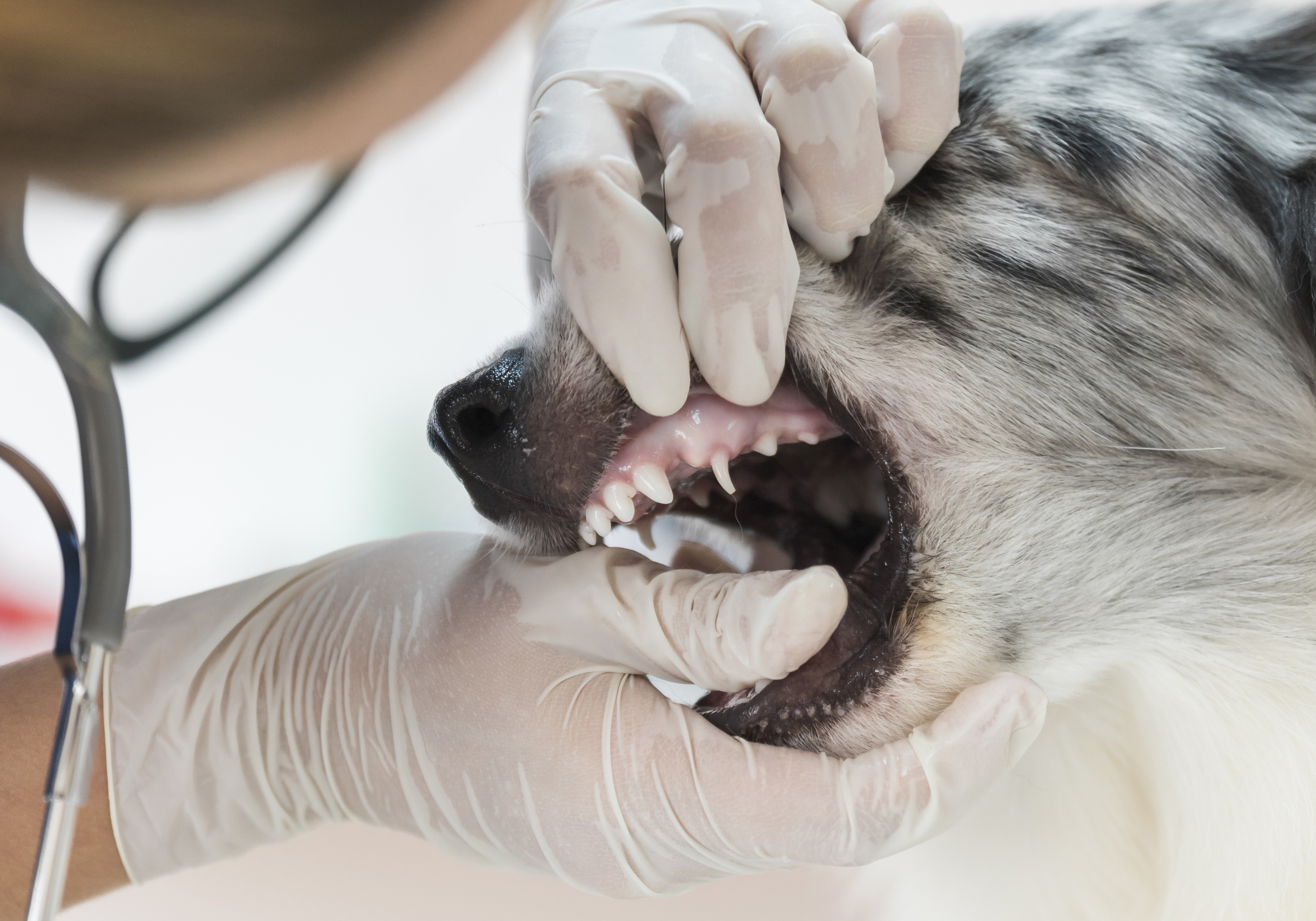In a world where dogs and cats reign supreme as the typical household pets, there exists a niche of individuals who seek companionship from more unique and unconventional pets.
From exotic reptiles to miniature pigs, the realm of unique pets offers a diverse array of options for those willing to step outside the norm. But before diving headfirst into the world of exotic pet ownership, there are several important considerations to ponder.
Let’s explore what it takes to care for these extraordinary animals and the factors to weigh before bringing one into your home.
Table of Contents
Legalities
Before embarking on your journey as the proud owner of an exotic pet, it’s crucial to familiarize yourself with the legalities surrounding ownership.
Certain animals may be restricted or even illegal to keep as pets in your area, so it’s essential to research local regulations.
Ignoring these laws could result in fines or the confiscation of your beloved pet.
Care Requirements
Every pet comes with its own set of care requirements, but exotic pets often have unique needs that differ significantly from traditional animals.
From temperature and humidity control for reptiles to specialized grooming for exotic birds, it’s essential to understand the specific care routine necessary to keep your unconventional pet healthy and happy.
Habitat Needs
Creating a suitable habitat for your unique pet is essential for their well-being. Whether it’s a spacious terrarium for a bearded dragon or a custom-built aviary for a sugar glider, providing the right environment is crucial.
Researching and investing in the appropriate habitat setup will ensure your pet thrives in its new home.
Specialized Diets for Unconventional Pets
Just like humans, different animals have different dietary requirements. Exotic pets often require specialized diets that may include live insects, fresh fruits, or even commercially formulated feeds.
Ensuring your pet receives the proper nutrition is vital for their overall health and longevity.
Health Concerns
While all pets require regular veterinary care, exotic animals may have additional health concerns to consider.
From unique parasites and diseases to the lack of qualified veterinarians experienced in exotic pet care, it’s essential to be proactive about your pet’s health and seek out professionals familiar with their specific needs.

Behavioral Considerations
Understanding the behavior of your exotic pet is key to building a strong bond and preventing potential problems. Some exotic animals have instinctual behaviors that may be challenging to manage in a home environment.
Proper training and enrichment activities can help address these behaviors and ensure a harmonious relationship between you and your pet.
Lifespan
Before committing to an exotic pet, it’s essential to consider their lifespan. While some animals may only live a few years, others can live for decades.
Understanding the long-term commitment involved is crucial to providing a stable and loving home for your unique companion throughout their entire life.
Socialization
Many exotic pets are social creatures that require interaction and companionship to thrive. Whether it’s spending time with their human family or interacting with members of their own species, socialization is essential for their mental and emotional well-being.
Consider whether you have the time and resources to provide the socialization your pet needs.
Financial Commitments
Owning an exotic pet can be a significant financial investment. In addition to the initial purchase or adoption fees, there are ongoing costs associated with habitat maintenance, specialized diets, veterinary care, and other necessities.
It’s essential to budget accordingly and be prepared for the financial responsibilities of exotic pet ownership.
Adoption vs. Purchase
When acquiring an exotic pet, you’ll need to decide whether to adopt from a rescue or purchase from a breeder or pet store.
While adoption can be a rewarding experience that gives a second chance to animals in need, purchasing from a reputable breeder ensures you know the animal’s history and lineage.
Consider your options carefully and choose the best path for you and your new companion.

Bringing a unique and unconventional pet into your home can be a rewarding experience, but it’s not a decision to be taken lightly.
From legal considerations to financial commitments and everything in between, there are many factors to weigh before welcoming an exotic animal into your life.
By taking the time to research and prepare, you can provide a loving and fulfilling home for your extraordinary pet.
FAQs
Can I legally own an exotic pet in my area?
Yes, but it’s essential to research local regulations to ensure compliance with any laws or restrictions regarding exotic pet ownership.
What kind of specialized diet does an exotic pet require?
The dietary needs of exotic pets vary widely depending on the species.
Researching and consulting with a veterinarian experienced in exotic pet care is crucial to providing the proper nutrition.
How long do exotic pets typically live?
The lifespan of exotic pets varies greatly depending on the species.
Some may live only a few years, while others can live for several decades with proper care.
Do exotic pets require socialization?
Yes, many exotic pets are social creatures that require interaction and companionship to thrive.
Providing opportunities for socialization is essential for their well-being.
What are the financial commitments associated with owning an exotic pet?
Owning an exotic pet can be a significant financial investment, including initial purchase or adoption fees, habitat setup, specialized diets, veterinary care, and ongoing maintenance costs.
It’s essential to budget accordingly and be prepared for the financial responsibilities.








